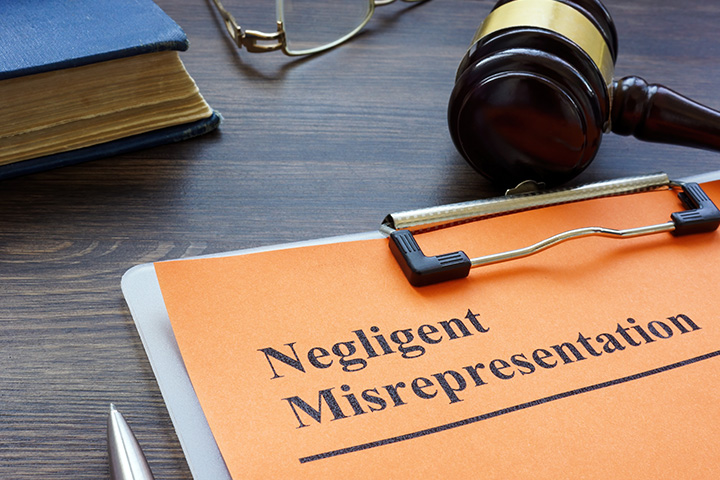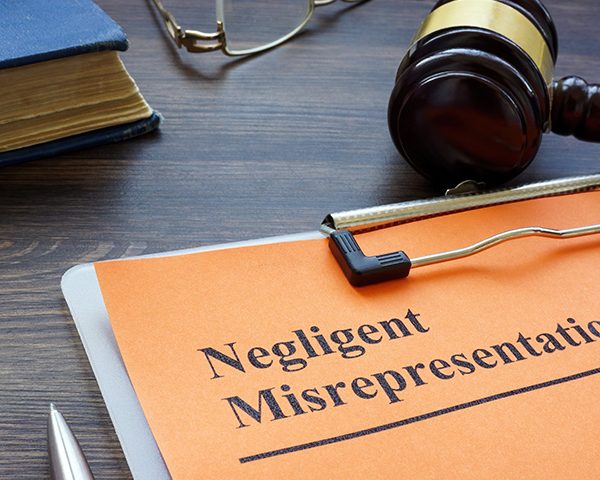The Tort of Negligent Misstatement
A claim for negligent misstatement is an action brought at common law in tort. In its simplest form, a claim usually arises when:
- A party (A) owes a duty of care to another party (B).
- A makes a false or inaccurate statement to party B.
- B relies on this statement and suffers a loss as a result.
Unlike negligent misrepresentation, a claim for negligent misstatement may arise even if there is no contractual relationship between the parties. However, there must be a duty of care established.
If a claimant is successful in a negligent misstatement claim, they will usually be awarded damages in tort. The measure of damages is financial loss suffered by the claimant as a result of the misstatement which was reasonably foreseeable at the time it was made.
McKie v Swindon College [2011]
The decision of the High Court in McKie v Swindon has modified liability in negligent misstatement cases.
Brief Background Facts
McKie was an employee of Swindon College between 1995 to 2002. He left his role at Swindon College and moved to Bath City College. In the process of his move, he received an exemplary reference from Swindon College. Subsequently, McKie was employed by the University of Bath as director of studies in 2008. As part of this role, McKie was expected to make site visits to Swindon College.
A few weeks after the commencement of his new role, the HR manager for the University of Bath received an email from his counterpart at Swindon. The email asserted McKie was prohibited from the premises of Swindon College as a result of safeguarding concerns and serious staff relationship problems during his employment at Swindon College. Consequently, McKie was dismissed from his new post at the University of Bath.
High Court Decision
The high court found that the statements in the email were false, and as such the next test would decipher whether Swindon College owed a duty of care to McKie. Applying the Caparo test which was established in Caparo Industries v Dickman, HHJ Denyer found that:
- The damage was foreseeable.
- Relations between McKie and Swindon were sufficiently proximate, fair, and reasonable.
- There was a causal connection between the negligence surrounding the sent email and the damage suffered by McKie.
In light of this, McKie was successful in his claim.
What does this mean for Negligence Misstatement?
McKie is considered as a leading precedent in potential misstatement claims. The implication is that a duty of care could go beyond the reference situation. The defendant was found to be liable despite the fallacious statements being made to a third party, instead of directly to the claimant. This judgement opens up the potential for a wider range of cases being brought under the Negligence Misstatement tort. However, liability will be considered if the other key principles are established.
At TV Edwards, our Dispute Resolution team have the legal expertise to assist you in a claim for Negligent Misstatement or to provide general advice on this matter.
 You & Your Family
You & Your Family You & Your Property
You & Your Property You & Your Business
You & Your Business














